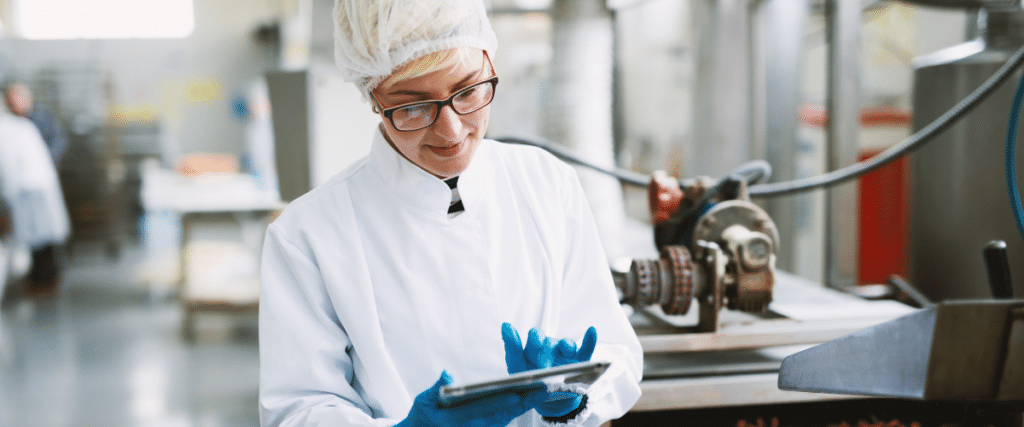Artificial intelligence and machine learning solutions provide the food industry with many benefits to optimise and automate all processes along the supply chain, reduce costs, and minimise human error. Optimising the supply chain will reduce food waste and increase transparency.
With its seemingly limitless potential, Artificial Intelligence (AI) is increasingly being implemented across all business fields and integrated with tech throughout the world. Currently, the use of AI is on the rise in the food industry, from processing and manufacturing, to packaging, to even nutrition monitoring through AI analysis. In addition, food safety, deliveries, and food waste can also be managed with AI technology.
The Asia Pacific (APAC) region is seeing a hiring boom for AI jobs in the food industry, with the packaged food sector experiencing the fastest growth by the end of 2021. Several startups in APAC are focusing their AI technology on the food industry in many different ways.
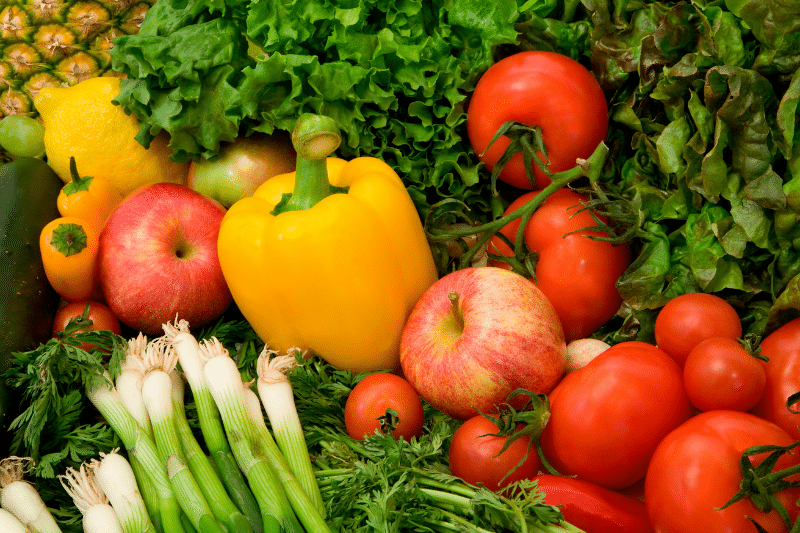
Food Sorting
The first step along the supply chain is food sorting – this can be managed by an AI opposed to hundreds of workers in line sorting by hand where there is room for human error. AI and machine learning (ML) do not pose the same risk, and can sort products by size, weight, and colour.
Electric noses (e-noses) can be used in the processing stage as a replacement for people to distinguish food odours via AI sensors. Research using e-noses has taken place in Balikesir in Turkey on olive oils. The region is home to 805 million olive trees, the majority population in the world. A machine learning algorithm using 32 odour sensors automatically provides a quality check for olive oils, speeding up traditional processes. When quality requirements are inputted in the AI technology, it ensures that the food being processed will meet a certain standard, providing a much more controlled production environment.
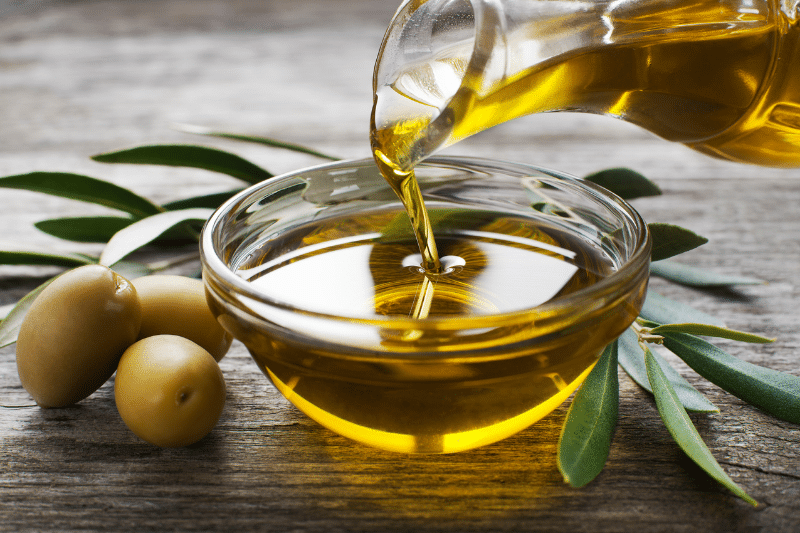
Trend Forecasting
AI also has the ability to use analytics to foresee trends and predict their trajectory in the food market. Ai Palette is a Singaporean startup that implements AI technology to help Consumer Packaged Goods (CPG) companies to create best-selling products. Ai Palette has developed a predictive analytics Software as a Service (SaaS), allowing innovation teams to follow trends in real time.
The adoption of their technology allows for companies like Cargill, a global producer and distributor of agricultural products, to increase efficiency and productivity.
According to Roy Tharakan, Cargill’s Middle Eastern Regional Director, “Ai Palette has helped us by looking at consumer insights. Traditional methods would take up to 2 years but AI has shortened this process using predictive analysis. Ai Palette uses data points in social media and real-time data and incorporates that in our solution. This has helped us to look at future trends and has reduced the failure rate in new product innovations.”
Ai Palette relies on continuous feedback loops to improve their AI system that is automatically triggered to accelerate problem solving.
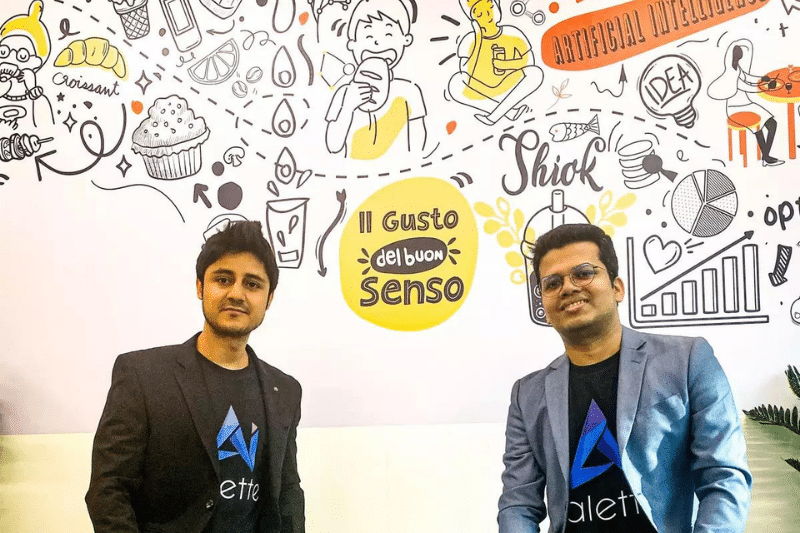
Food Safety
In addition, AI holds the potential to be a big player in food safety. Fujitsu, a Japanese company, has developed an AI-based model that monitors hand washing in the kitchen with regulations for a six-step hand cleaning process. This model builds on its existing behavioural analytics capabilities to recognise several subtle, yet complex human movements.
The technology can capture images of hand washing as it is taking place using two deep learning engines- handshape recognition and motion recognition. The dataset comprises around 2 thousand variations with variables including camera position, soap types, and different people. According to Fujitsu, its technology can detect the six-step hand washing process with a 95% accuracy rate. This reduces the need for visual cleanliness checks, and may be an imperative emerging technology due to the Covid-19 pandemic.
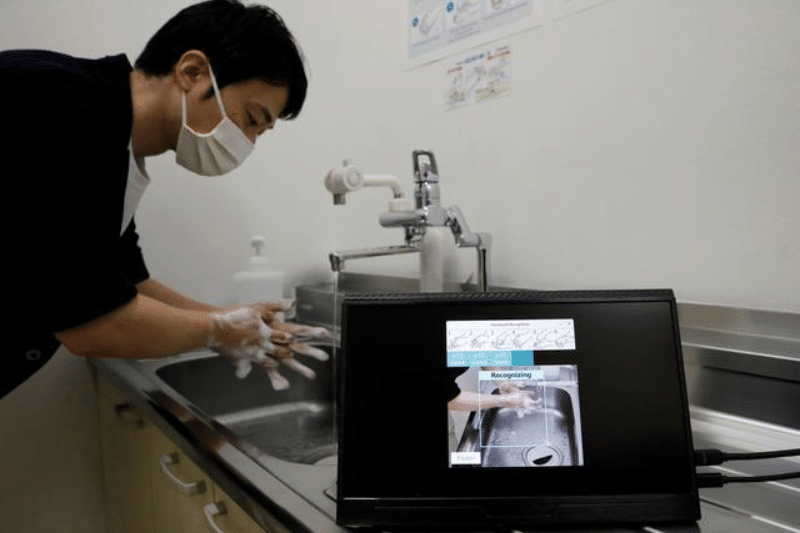
Nutrition
Artificial intelligence is also a player in increasing the nutritional value of foods. Hoow Foods is a Singaporean startup founded in 2018 using AI and ML to create healthier formulations of favourite food products. The company gained SG$3 million in a pre-Series A round of funding to develop its product on a larger scale.
Hoow Foods developed a smart platform to transform guilty pleasure foods into healthier options, using a database of food ingredients and their physicochemical properties to determine formulations of sustainable and healthy products that do not sacrifice flavour. The startup has over 20 prototypes that can replace the fat and sodium in foods.
Their Re-Genesys technology was created going off of the best practises in product development in the pharmaceutical industry, filling a gap between newer ingredients with health benefits and the finished product. Through their ML, modular product development platform, existing products can be analysed and broken down and changed to preserve flavour but alter nutritional profiles.
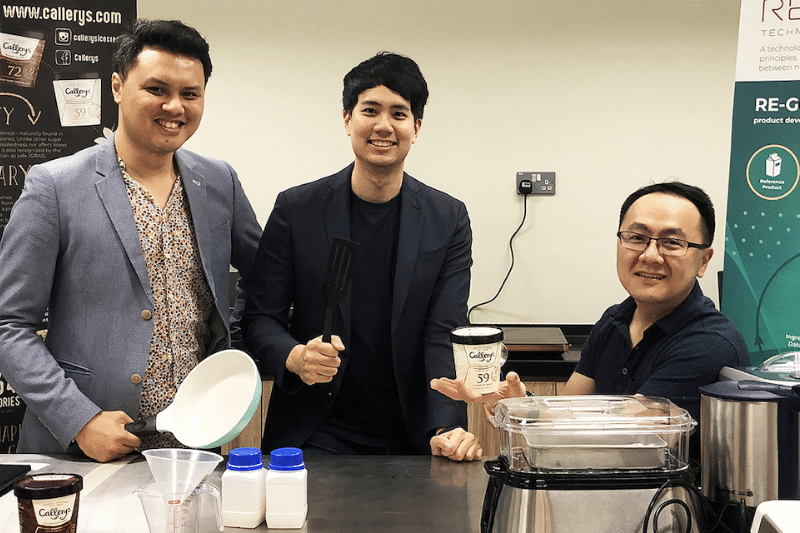
Food Delivery
The food delivery industry is an important part of the supply chain as quality must be maintained during the time food is on the move. Easy Eat AI is a startup based in Singapore that offers an operating system for restaurants, allowing them to digitise their business processes, from inventory to ordering to delivery, using AI-based data analytics to improve revenue.
Due to the ongoing Covid-19 pandemic, there has been an uptick in contactless food delivery and Easy Eat AI is working to fill the gap in the market, stating that the restaurant industry is one of the least digitally-developed fields.
Easy Eat AI allows restaurants to integrate food delivery applications, but also has its own delivery platform that reduces costs for suppliers from 20%-30% per order, to just 4%. In addition, Easy Eat AI can develop targeted marketing campaigns and loyalty reward programmes.
The interface is based on QR code ordering, within restaurants as well, to limit contact. This data is taken by the interface for analysis and has shown that people order up to 30% more when ordering via an app opposed to face-to-face with a waiter. After a restaurant uses Easy Eat AI for one to two months, the AI can build a customer database to determine which customers are best targeted for online marketing strategies.
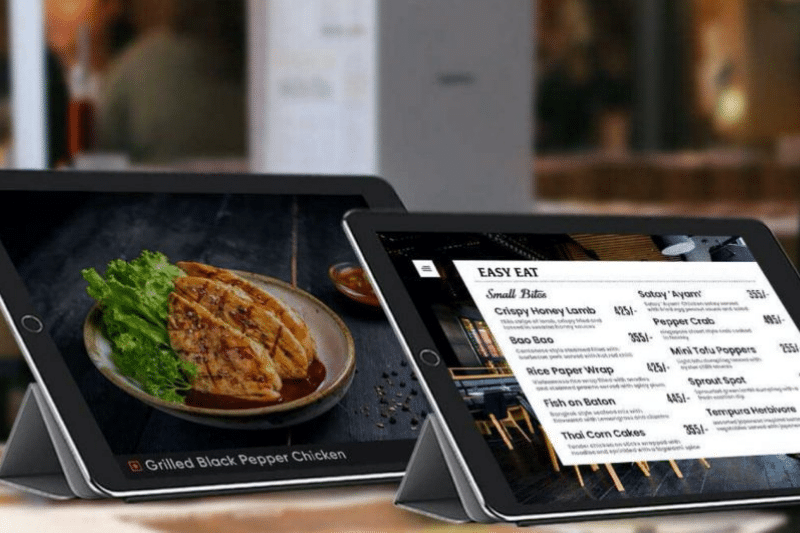
It is evident that AI technology is important in the food industry, its implementation working to maximise productivity, efficiency, food safety, and customer satisfaction. APAC is a melting pot of tech startups utilising AI for a great number of different operations, and the food industry is slowly adopting this technology, transforming our relationship with food for the better.
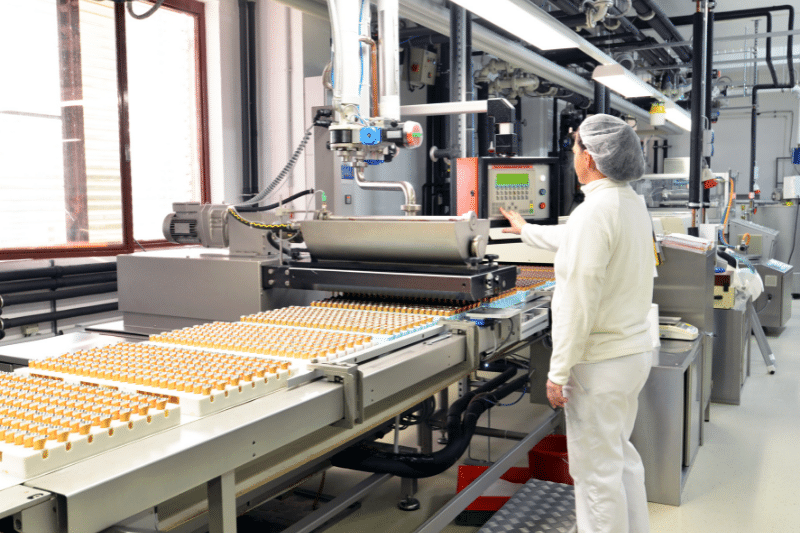
Related Articles
This AI System Could Be The Solution To Cutting Down on Food Waste
